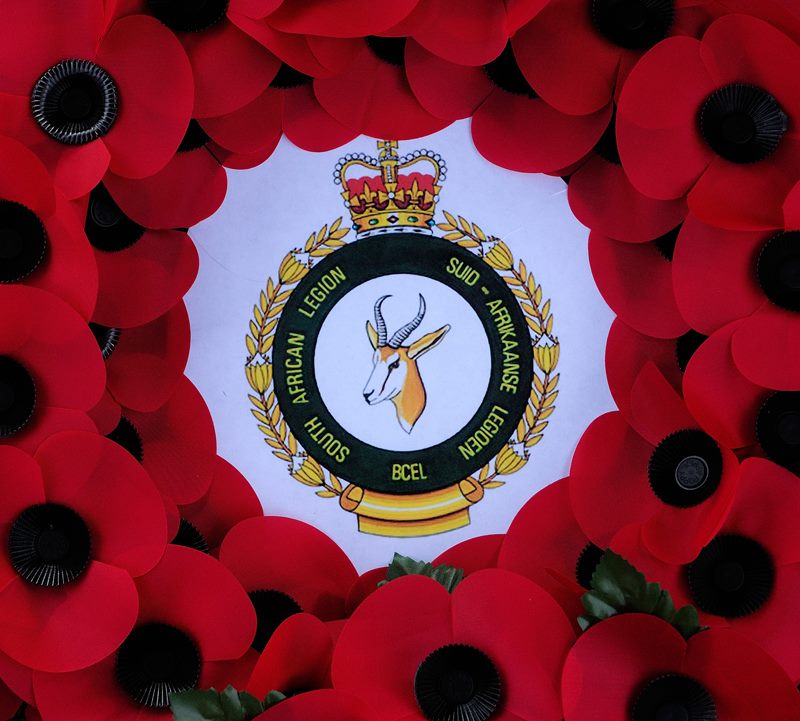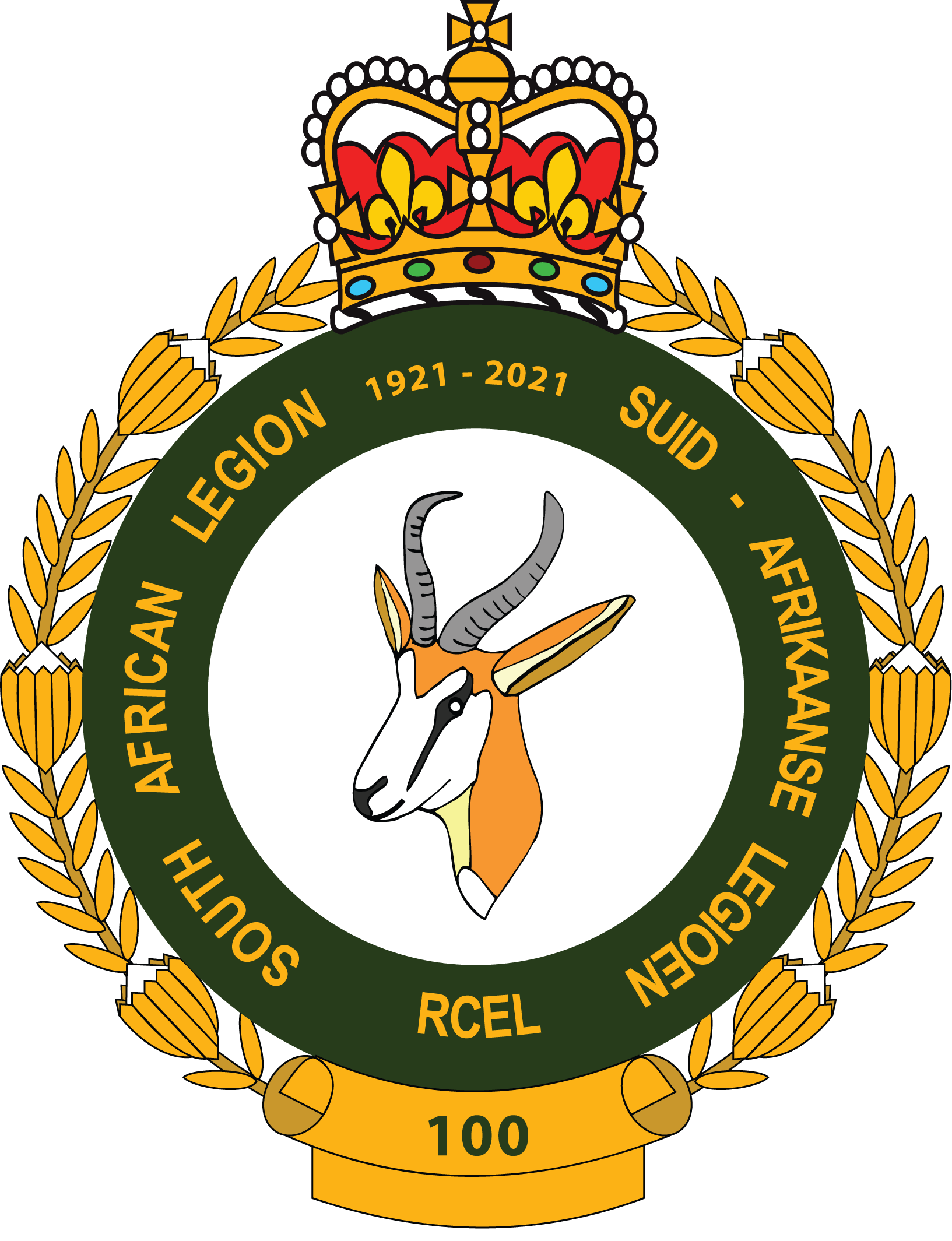

The Parade to commemorate the sinking of the SS Mendi took place at Hollybrooke in Southampton on the 23rd February 2014.
The parade was jointly hosted by The Friends of Dellville Wood and the South African legion – United Kingdom Branch.
The SS Mendi a South African troopship operated by the British and African Steam Navigation Company was accidently rammed and sunk by the SS Darro.The Darro – three times heavier than the Mendi, was disobeying maritime rules travelling ‘full ahead’ in fog – and not using her fog horn – the Mendi, was following all regulations and travelling slowly .. on spotting the Darro she immediately sounded the whistle and tried to go “hard to-starboard.” But it was too little and too late.
The Darro rammed the troop ship at a right angle with such force that the Mendi was resting on the sea-bed within 25 minutes. The violent impact left a gaping 20ft tear amidships instantly trapping more than 100 soldiers below decks who were unable to escape the rapidly rising water as the ship quickly listed quickly to starboard.
Her crew failed to launch sufficient life rafts for the 811 strong contingent of 5th Battalion South African Native Labour Corps. In the dense fog an inadequate rescue effort followed, so many remained aboard the ship, unwilling to commit an icy plunge into the sea..
In spite of this the men, by all accounts, behaved with remarkable fortitude. There was no evidence of panic. One person’s act of leadership helped to keep the men calm. This was a cleric, one Reverence Isaac Dyobha, a Xhosa, who held up his arms and loudly addressed the men with these words:
“Be quiet and calm, my countrymen, for what is taking place now is exactly what you came to do. You are going to die, but that is what you came to do. Brothers, we are drilling the drill of death. I, a Xhosa, say you are all my brothers, Zulus, Swazis, Pondos, Basutos, we die like brothers. We are the sons of Africa. Raise your cries, brothers, for though they made us leave our weapons at our home, our voices are left with our bodies.”
After this stirring speech the men left on the Mendi, took off their boots, and did a traditional African war dance on the tilting deck of the sinking ship. A uniquely African act of bravery in the face of danger, men In full song slipping away to their deaths – an African chant echoing in the English fog. There were many more individual acts of bravery and individual selflessness.
A catalogue of failures sealed their fate, the Darro made no effort at all to rescue the men in the water and steamed on, combined with the fact that many of these men could not swim and the extended exposure to the freezing February waters – all these factors resulted in a very high death toll.
Fewer than 200 men aboard the SS Mendi survived. In all 616 South Africans perished – 607 of them black South Africans.
Convention and prejudice of the time meant this dreadful tragedy was not afforded appropriate recognition by respective Governments – both in the United Kingdom and in South Africa . South African officials demonstrating their unwillingness to highlight black people’s wartime contributions by withholding medals, not erecting memorials to them, excluding them from parades, excluding the from veteran facilities on the basis of colour and preventing reasonable post-war compensation for ‘non-combatant men’ – deemed somehow less valuable.
Particularly poignant was that South African Labour Corps men had readily volunteered their services to support the British Crown’s war effort on the Western Front in the hope it would win them greater political concessions at home. The reality was that remarkably little changed for the next 7 decades whilst they remained disenfranchised and excluded.
The contributions of black South Africans to both the world wars remains relatively unknown, but the sacrifice and valour no less.
To put this tragedy into its correct historical context – in WW1 – as many (more in fact) South Africans died on the Mendi than at the Battle of Delville Wood in France – a sad statistic in its own right as Deville Wood is equally as tragic – but its very telling as the true tragedy was yet to come – Forgotten Valour.
Forgotten valour due to he conscious effort in South Africa after the World Wars to forget about these men – and all South African men of colour serving in WW1 and WW2. Simply because of pure racial prejudice and party political agendas of the time.
Many people in South Africa still perceive the World Wars as a ‘white mans’ contest – with a smattering of black Africans in non combatant roles merely digging trenches. But nothing can be further from the truth.
In all, in WW1 – 83 000 black South Africans and 3 000 Cape Coloureds answered the call – in all 85 000 men of colour complemented the 146 000 white servicemen – serving in all sorts of roles, ranging from policing, driving, stretcher bearing, cooking, engineering… the list goes on. Bottom line 42% of the serving South Africans in WW1 where men of colour.
And in World War 2, the statistics are pretty similar. 211,000 whites, 77,000 blacks and 46,000 Cape Coloureds. Again 42% of the serving South Africans in WW2 where men of colour.
That’s a staggering amount of servicemen – who – after both world wars – where effectively completely marginalised.
As South Africans it is now our responsibility to address this fundamental miscarriage and remember the sacrifice of all South Africans – and do our upmost to reinstate the valour and recognition so long overdue. Our eternal hope is that history will not repeat itself, and we will honour all South Africans who have fought for the country – be they black, white or brown.
